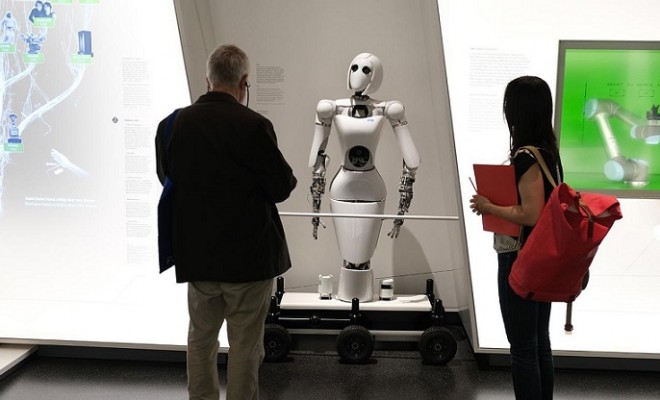
Europe and AI: Leading, Lagging Behind, or Carving Its Own Way?
For its AI ecosystem to thrive, Europe needs to find a way to protect its research base, encourage governments to be early adopters, foster its startup ecosystem, expand international links, and develop AI technologies as well as leverage their use efficiently
Artificial intelligence (AI) is expected to play a major role in shaping global competitiveness and productivity over the next couple of decades, granting early adopters significant societal, economic, and strategic advantages. As the pace of AI innovation and development picks up—underpinned by advancements in big data and high-performance computing—the United States and China are both in the driver’s seat. Europe, meanwhile, despite having certain advantages such as a strong industrial base and leading AI research and talent, is punching far below its weight. This state of affairs is especially due to the fragmentation of the EU’s digital market, difficulties in attracting human capital and external investment, and the lack of commercial competitiveness.
Fortunately, in recent years, European leaders have recognized the importance of not lagging behind on AI and have sought to raise their ambitions. Leaders such as German Chancellor Angela Merkel and French President Emmanuel Macron have stressed the need for Europe to become a leading global player on AI, and the new European Commission has made AI a top priority for the next five years. By declaring AI a major strategic priority, several member states and EU institutions are taking steps to advance the continent’s ambitions for AI leadership. This includes rolling out devoted national and EU-level AI strategy documents, boosting research and innovation, and exploring new regulatory approaches for managing the development and use of AI.
Συνέχεια ανάγνωσης εδώ
Πηγή: carnegieendowment.org




